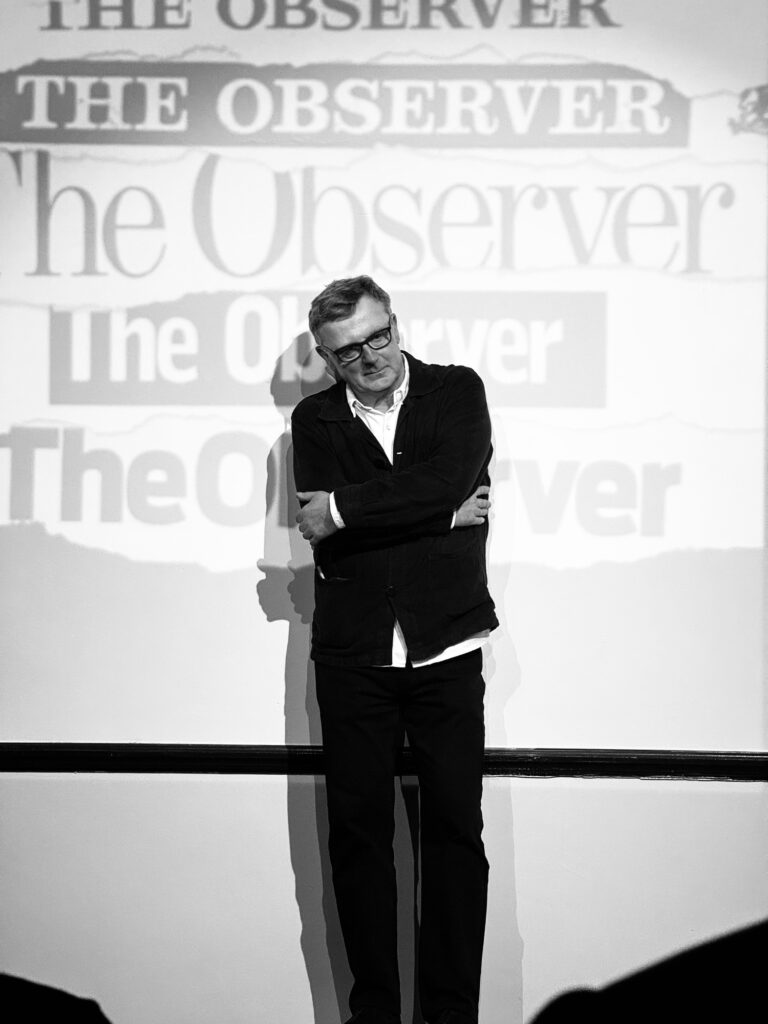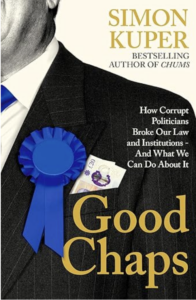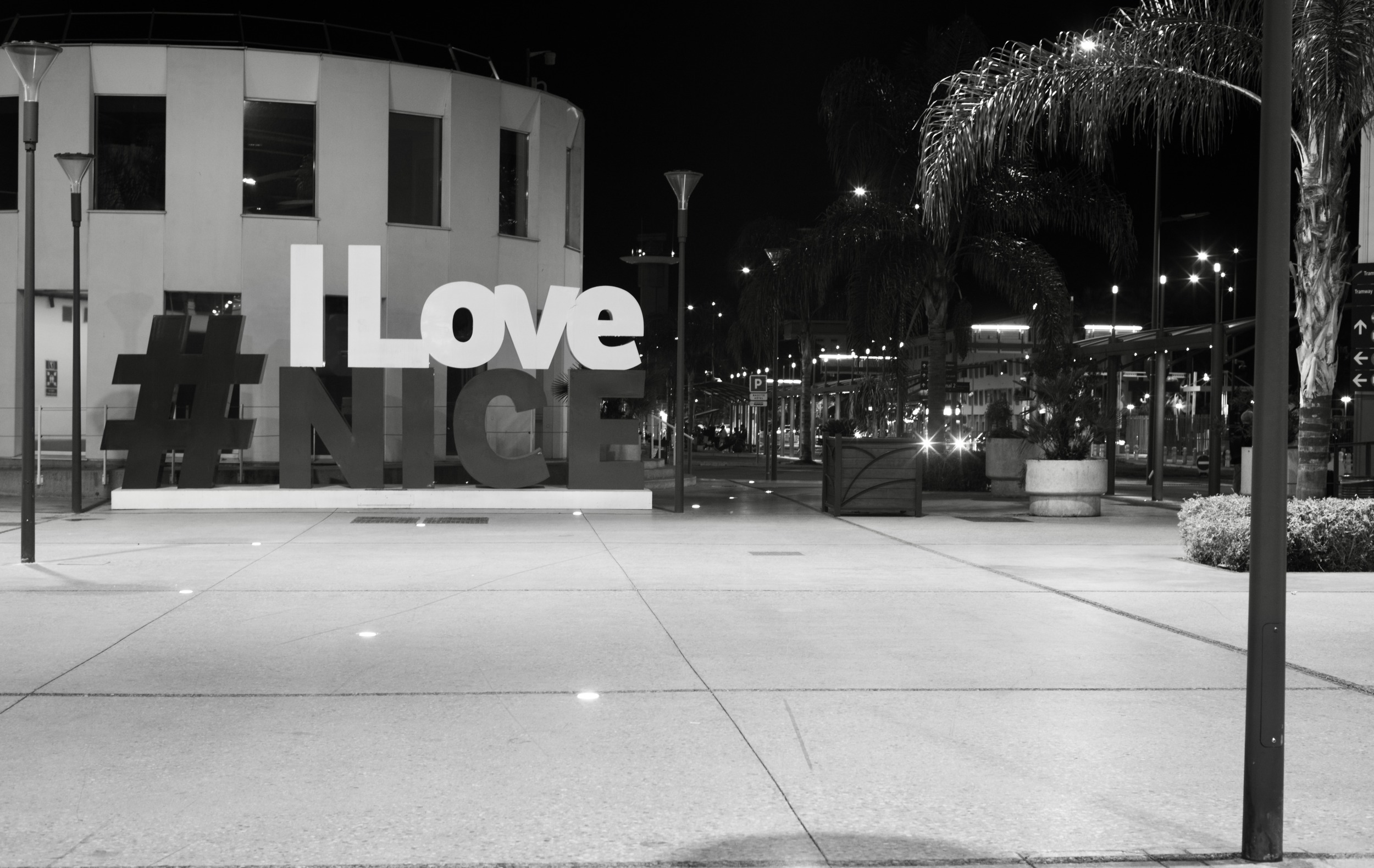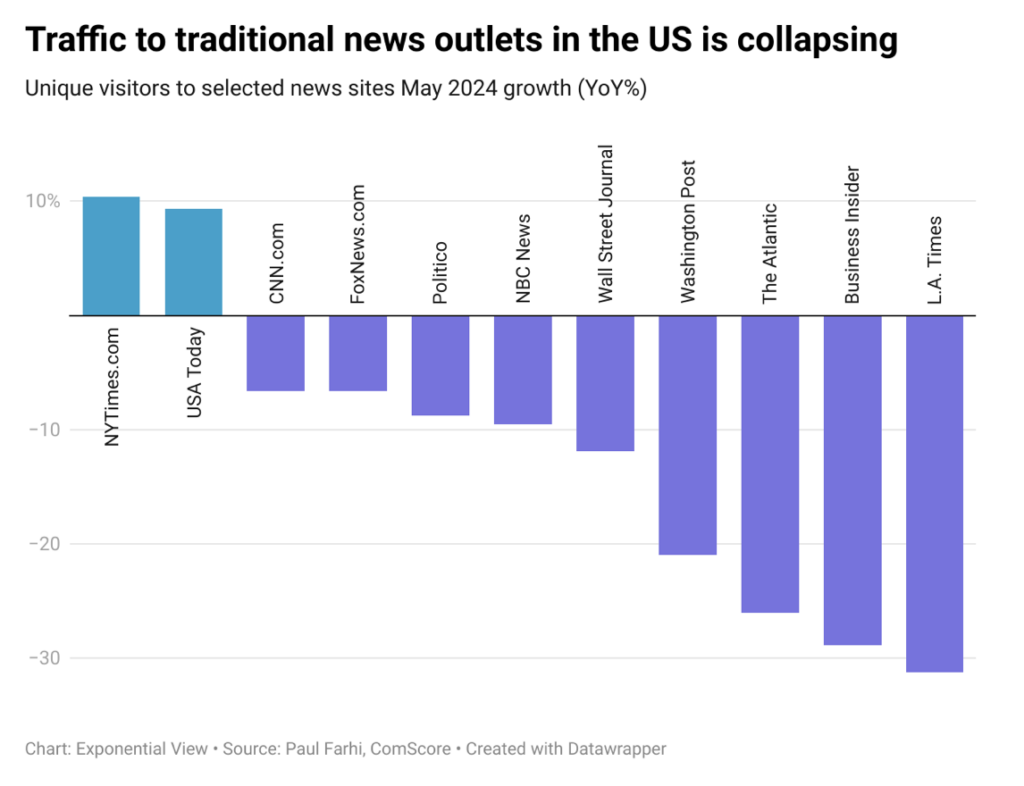The Editor

Paul Webster is retiring as the Editor of the Observer after a long spell in the hot seat. There was a nice party for him in London on Thursday evening, which included quite a few witty speeches and, er, a certain amount of alcohol. He has been a lovely editor to write for — a good listener, full of ideas, and generous with them. And he trusted his journalists in a way that some editors don’t, which meant that one would do one’s utmost to help him out of tough spots.
I remember one Saturday afternoon years ago when my wife and I were on our way to France. Just as we were driving onto the shuttle at Folkestone, Paul rang. “Boris Johnson has just appointed Dominic Cummings as his advisor,” he said. “Can you do me a quick comment piece on him?” As the shuttle pulled out of the siding I opened my phone, wrote the piece on it and when we emerged 30-minutes later in Calais emailed it to him. There are not many people I would do that for. (Full disclosure: it was easier that it sounds because, unlike most people at the time, I had been reading Cummings’s blog for years.)
Quote of the Day
”Sanity is a handicap and liability if you’re living in a mad world.”
- Anthony Burgess
Musical alternative to the morning’s radio news
The Galway Girl | Music for A Found Harmonium | Sharon Shannon and Alan Connor
You want virtuosity? Well, Sharon Shannon has it in spades.
Long Read of the Day
Voters to Elites: Do You See Me Now?
A rather good NYT column by David Brooks. Think of it as a conservative’s apologia pro vita sua.
Geography was deemed unimportant — if capital and high-skill labor wanted to cluster in Austin, San Francisco and Washington, it didn’t really matter what happened to all those other communities left behind. Immigration policies gave highly educated people access to low-wage labor while less-skilled workers faced new competition. We shifted toward green technologies favored by people who work in pixels, and we disfavored people in manufacturing and transportation whose livelihoods depend on fossil fuels. . . .
That great sucking sound you heard was the redistribution of respect. People who climbed the academic ladder were feted with accolades, while those who didn’t were rendered invisible. The situation was particularly hard on boys. By high school two-thirds of the students in the top 10 percent of the class are girls, while about two-thirds of the students in the bottom decile are boys…
Do read it for what it is: an elegant rendering of what can be seen with the 20/20 vision of hindsight. And its accurate coda:
We are entering a period of white water. Trump is a sower of chaos, not fascism. Over the next few years, a plague of disorder will descend upon America, and maybe the world, shaking everything loose. If you hate polarization, just wait until we experience global disorder.
Yep.
Elon Musk is not America’s new king. But he might be its new Thomas Cromwell
Yesterday’s Observer column:
Picture, if you will, the scene in Mar-a-Lago on election night at the moment when it’s become clear that Trump has won. The atmosphere is hysterical. Trump is in expansive form. He stands surrounded by his ghastly tribe of dependants, plus AN Other. In his victory speech, the president-elect praises his campaign staff, his prospective vice-president, and his family. Each gets a few seconds of adulation.
But AN Other gets a whole four minutes. He is Elon Musk, the richest manchild in history. Trump calls him a “super genius”, a “special guy” and a “star”. He has flown straight from Texas in his Gulfstream to bask in the adulation of his new lord and master. He has also paid several hundred million dollars, plus a month of his time, to be here. But now his time has come.
Hold that thought. We will return to it later…
Books, etc.
Jessica Mitford’s Escape From Fascism

I’ve never read Jessica Mitford’s Hons and Rebels, but this essay by Noah McCormack in The New Republic has persuaded me that it’s high time I did.
Much like the idea of Britain as a great power, the Mitfords are fading from popular consciousness. The combined star wattages of Lily James, Andrew Scott, Emily Mortimer, and Dominic West could not rescue the recent adaptation of Nancy Mitford’s delightful The Pursuit of Love from vanishing into the depths of Amazon Prime. Insofar as Jessica Mitford’s 1960 memoir, Hons and Rebels, is remembered at all, it is as a set of comic recollections; stories of the father, Lord Redesdale (“Farve” in the peculiar Mitford vernacular), whose antics included supervising all medical visits, including births, and grabbing doctors by the neck and “shaking them like a rat” if he did not like the course of treatment, or “Muv” telling Jessica (known as “Decca” in Mitfordese), “I should think a Communist would be much tidier, and not make so much extra work for the servants.”
In 2024, the book remains uproariously funny but is clearly a tragedy. It begins with the fact that all homes are marked by the children who live in them but that Mitford’s was perhaps unusual because “in the windows, still to be seen, are swastikas carved into the glass with a diamond ring, and for every swastika a carefully delineated hammer and sickle.” It ends when Mitford is pregnant with her second child and her beloved husband, a fellow upper-class Marxist renegade, volunteers for the Canadian Air Force in 1940 (his death in 1941 over Hamburg is mentioned only in a tasteful footnote)…
My commonplace booklet
From ”Ten Tips for Reporting in an Autocracy” In the Columbia Journalism Review
Do not underestimate the power of exposure. Change does not happen overnight. You will never know where the tipping point will be. Remember that autocrats have a limited shelf life. When they fall, we are often surprised how brittle they had been. Take comfort in the fact that of forty populist governments between 1985 and 2020, only seven led to authoritarian rule, mostly because of weak institutions. This makes reporting on the erosion of democratic institutions especially urgent.
This Blog is also available as an email three days a week. If you think that might suit you better, why not subscribe? One email on Mondays, Wednesdays and Fridays delivered to your inbox at 6am UK time. It’s free, and you can always unsubscribe if you conclude your inbox is full enough already!





 If you still believe that British politics is relatively free from corruption then you clearly don’t read Private Eye or subscribe to Open Democracy and Peter Geoghegan’s journalism. And now there’s Simon Kuper’s
If you still believe that British politics is relatively free from corruption then you clearly don’t read Private Eye or subscribe to Open Democracy and Peter Geoghegan’s journalism. And now there’s Simon Kuper’s 






